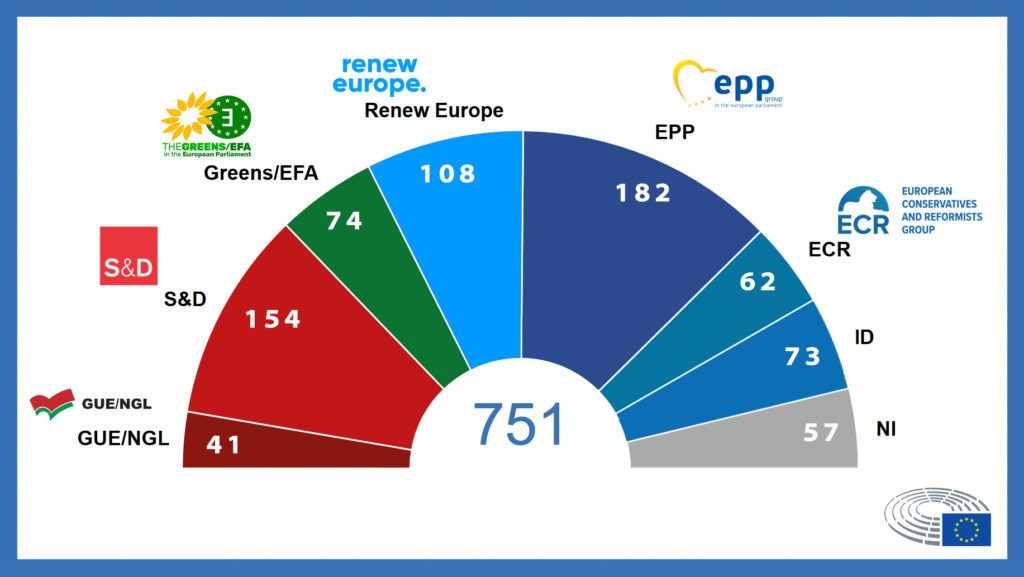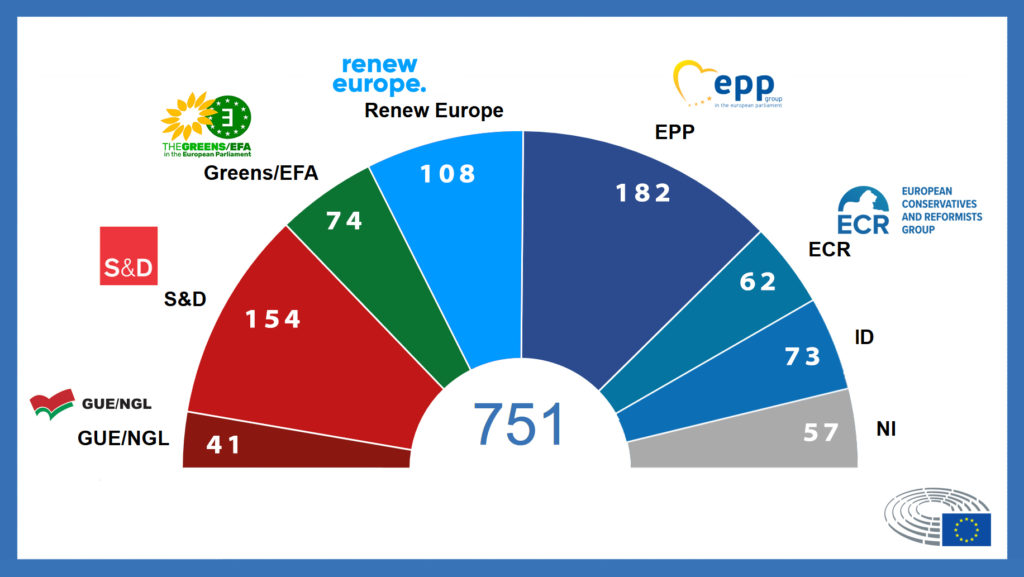G7 high-level conference – Paris, 16 July 2019 – Bretton Woods: 75 years later – Thinking about the next 75
Welcome address by François Villeroy de Galhau, Governor of the Banque de France
Ladies and Gentlemen,
It is a great pleasure to welcome you to this G7 high-level conference dedicated to the next 75 years of the Bretton Woods system… which is a sign of confidence. 75 years ago, John M. Keynes for Britain, Harry Dexter White for the US, Pierre Mendès-France for France inaugurated what we now see as the “golden age” of multilateralism and cooperation. Quite remarkably, the Bretton Woods Conference preceded peace: economic cooperation was seen as a prerequisite for peace. Today, we are unfortunately far away from this spirit: multilateralism is facing a major crisis. Yet the Bretton Woods institutions (BWI) are remarkably resilient, thanks to the commitment of their successive leaders – many of them are here – and to the strength of their history. They are priceless assets – we are probably all convinced of this. But we also know that the current situation is not stable. So, where do we go from here? The worst-case scenario would be an implosion of the system, implying a real step backward, with a rise of protectionism and bilateralism. A more promising scenario – and this is what we should fight for – would be to come out of this crisis stronger by re-building common solutions. For that, we can boast two major achievements, while acknowledging that each of them poses two challenges that we will discuss today:
Thanks to international cooperation including the IMF, we successfully responded to the Great Financial Crisis (GFC). But, today, we are being challenged on monetary policies, and on the safeguarding of financial stability.
Along with the World Bank and the IMF, we have well supported the prodigious development of globalisation. But today, we are being challenged by the calling into question of free trade, and by aspirations for other “global public goods” – starting with climate change and social inclusion.
A. Two challenges after managing the GFC
I. Monetary policies, ten years after
There is no doubt that monetary policies played a key role in helping to overcome the GFC, thanks to two major differences compared to the 1930s, innovations and cooperation. However, they are now being challenged, on the “upside” – by ever increasing demands – and on the “downside” – by criticism of prolonged low interest rates and non-standard policies.
Today, it seems all the more important to me to restate three principles:
Monetary policies cannot do everything, and cannot perform miracles. They cannot repair the damage caused by protectionist uncertainties; they can neither replace reforms conducive to long-term growth, nor more growth-enhancing fiscal policies.
Monetary policies in the major advanced economies are guided by their sole domestic mandate: price stability and contracyclical demand management. They are not targeting exchange rates. This is the fruitful paradox of recent years: the coexistence of “domestically focused” policies that results in a “globally-cooperative” monetary environment.
And for this purpose, monetary policy must be conducted in full independence. That is, independently of political powers, of course, and we regret to have to say it again. But also independently of short-term pressures or any particular economic interests. So we take account of market indications, but we must not be market dependent; this includes not relying too exclusively for inflation expectations on market-based measures. We are data dependent and I say this in particular for the ECB: in our coming Governing Council meetings, we will assess actual economic data and we will act accordingly if and when needed.
II. Financial stability issues and crises
On financial stability issues, the Bretton Woods system has undergone numerous disruptions and crises since its inception, including its quasi break-up in 1971. And a decade after the GFC, we still have to define the future of our current international monetary system, or “non-system” as many describe it.
Today we will discuss financial stability risks caused by the growth of cross-border flows and financial assets. Over the past few years, international capital flows have been too abundant in good times, – potentially fueling domestic bubbles and destabilising national financial systems – but also prone to “sudden stops” in bad times. The exponential increase of contagion effects through cross border flows and stocks, but also asset price volatility, has led to an evolution of the IMF’s view on capital flows, from its original doctrine of liberalisation, into a more pragmatic Institutional View.
More importantly we need to enhance the crisis prevention toolkit and avoid excessive risk-taking. Our first line of defense to address financial stability issues should be sound macroeconomic, prudential and structural policies. It is the reason why it is so important to strengthen the bilateral and multilateral surveillance of the IMF.
But, prevention can never cover all risks. The Global Financial Safety Net (GFSN) has been reinforced over the past few years, thanks to the increased IMF capacity – whose total resources amount to about 1.3 US$ trillion, and should be at least maintained in the future –, the development of regional financing agreements (RFAs) in Europe and Asia, and networks of central banks swaps. But the GFSN is still imperfect in coverage, and of insufficient size: total IMF resources have dropped from about 4 % of global external liabilities in 1980 to less than 1% in recent years[i]. Besides, the coordination between the different layers of the GFSN should be more effective in case of a systemic crisis. There is also scope to make better use of precautionary instruments, and to protect sound by-standers without increasing moral hazard, as suggested in particular in the report of the G20 Eminent Persons Group on Global Financial Governance.
B. Two new challenges after extending globalisation
I. International trade and FDI
Let me now turn to international trade and Foreign Direct Investment (FDI). Over time, trade and FDI integration have contributed to productivity growth and prosperity. But important distortions in the international trade system remain, as shown by large global imbalances. These are linked, for example, to the export-led growth model in Asia and managed exchange rate regimes in most emerging countries, as trade issues have become intertwined with other concerns: growing inequality, environmental damage, security, etc. The issues are real, and partly explain the resurgence of protectionism; but protectionism doesn’t solve any of these problems. Bilateralism cannot solve bilateral imbalances and even less global imbalances.
A renewed multilateralism needs to be more effective, in at least three ways. First, on trade, the G20 has agreed – in principle – that action is necessary to improve the functioning of the WTO. Concrete progress is now needed on a package of reforms, in particular regarding the dispute settlement mechanism. The WTO needs to strengthen and broaden the Most-favoured-nation principle, and it should continue to strongly support trade liberalisation, including in the servicessector where it is lagging. Secondly, we need to better understand and address global imbalances. At 40 percent of world GDP, global external imbalances – measured by the sum of the absolute values of net creditor and net debtor international investment positions – are now at a historical peak and four times larger than in the early 1990s. And finally, we must take account of new public goods in international agreements.
II. Global public goods and development
Global public goods – notably climate and social inclusiveness – are a matter of concern for all: politically they create rising expectations, and economically they generate externalities. Deficient provision of these goods can have huge disruptive effects on economic, financial, and social systems, with large welfare costs, still more in developing countries. The simple truth is that we have underestimated these expectations, for too long. The so called “Washington consensus” was economically sound, but socially too weak. Nothing sustainable is achieved without a strong economy, so let’s stick to that mandate. But globalisation has often been viewed as having mainly benefited large corporates – and their tax avoidance – as the prosperous, globally mobile class – and the rapid growth of their income. Inequalities between countries – in particular between the North and the South – have fortunately decreased, those within countries have increased. And younger generations are demanding that we ensure the protection of the planet.
A lot has been achieved in recent years. For instance, the BWI have contributed to the significant reduction of poverty at the global level: since 1990, the number of people living in extreme poverty worldwide has dropped by 1.1 billion. But much remains to be done. In this respect, the BWI can play a key role by focusing on their core competencies, – namely surveillance, technical assistance and lending –, and by developing new tools for the analysis of macro-critical issues such as climate change, digitalisation, and inequalities. We should aim at a better coordination between the BWI and other international organisations including UN bodies (UN Development Programme, UN Climate Change Conference, UN Conference on Trade and Development…). Given the insufficient achievement of economic development in Africa and part of South Asia, there is a need to review the functioning of development aid. We could say the same concerning climate change, stronger coordination between UN bodies and the BWI could be achieved, with the latter providing the macro-financial framework needed to assess risks and policies, following the example of the NGFS.
**
Let me conclude with the prophetic words of President Roosevelt, during his inaugural address of the Bretton Woods Conference back in 1944: “Economic diseases are highly communicable [and] the economic health of every country is a proper matter of concern to all its neighbors, near and distant; [for that reason] the things that we need to do, must be done – can only be done – in concert”. Most of us could not agree more: the world today needs a new harmony instead of the dissonance of this unruly cacophony. This should be a guiding principle for the next 75 years. With that in mind, I very much look forward to the outcome of your discussions today. Thank you for your attention.
References
[i] European Central Bank (2018), A quantitative analysis of the size of IMF resources, IRC task force on IMF issues.
Compliments of the Banque de France




